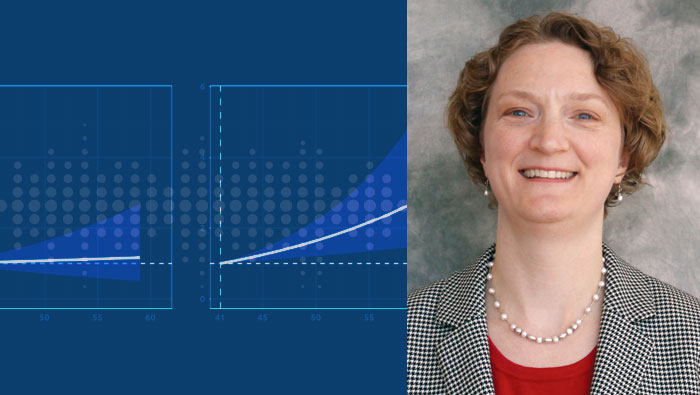Not all renal disease is alike. Different diagnoses take different pathways for donors, and for the people who receive their organs. This is important because so many kidney donors are related to their recipients, and therefore, are members of a family that has a specific history of renal disease.
“When a perspective living kidney donor walks into a transplant program’s clinic, we can estimate the donor-donation risk of renal disease by looking at their demographic characteristics—things like race and age,—and pre-donation clinical data like blood pressure and creatinine clearance,” said United Network for Organ Sharing senior research scientist Jennifer Wainright, Ph.D., who presented research on the topic at the 2020 American Transplant Congress. “This study is the first to find evidence of a recipient factor that predicts end-stage renal disease in related donors.”
Specifically, the research team found that older donor age was associated with higher risk if the related recipient first developed end-stage renal disease, or ESRD, at an older age. “But being older was not associated with higher risk if the related recipient developed ESRD at a younger age,” Wainright said.
Read more about the research into recipient and donor factors associated with post-donation ESRD.

